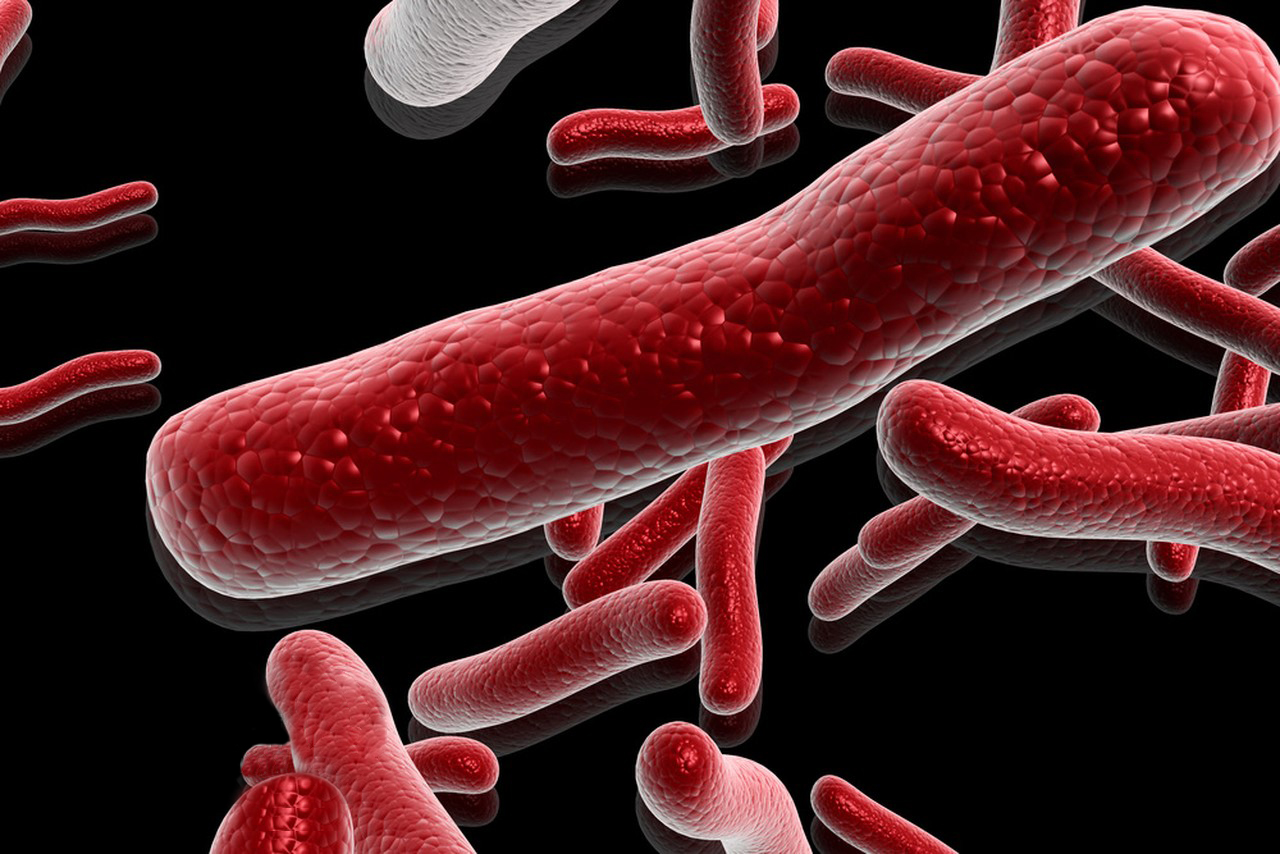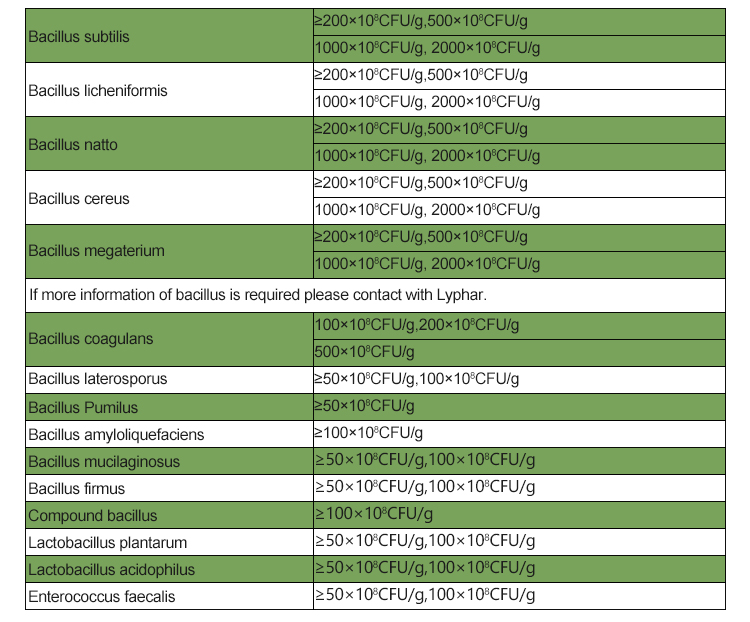Bacillus subtilis is a Gram-positive, rod-shaped bacterium that is commonly found in soil and the gastrointestinal tract of animals. It is a well-studied and widely used bacterium in scientific research and various industrial applications. Here are some key aspects of Bacillus subtilis:
1.Origin and Habitat:
Bacillus subtilis is a naturally occurring bacterium that has been found in various environments, with soil being its primary habitat.
It forms endospores, which are resistant to harsh conditions, allowing the bacterium to survive in challenging environments.
2.Nature and Characteristics:
Gram-Positive: Bacillus subtilis is classified as a Gram-positive bacterium, meaning it retains the crystal violet stain in the Gram staining process.
Rod-Shaped: The bacterium has a rod-shaped morphology.
Aerobic: Bacillus subtilis is aerobic, meaning it requires oxygen for growth.

3.Introduction to Scientific Research:
Bacillus subtilis has long been a model organism in microbiological research due to its ease of cultivation, well-characterized genetics, and the availability of molecular tools for genetic manipulation.
Its relatively simple genetic makeup and the ability to form spores make it a valuable organism for studying various cellular processes, including sporulation, biofilm formation, and stress responses.
4.Industrial Applications:
Bacillus subtilis has several industrial applications, especially in biotechnology and the production of enzymes and other bio-based products.
It is used in the production of various enzymes, including amylases and proteases, which find applications in the food and detergent industries.
Some strains of Bacillus subtilis are used as probiotics in animal feed to promote gut health.
5.Biopesticides and Bioremediation:
Certain strains of Bacillus subtilis are employed as biopesticides, providing an environmentally friendly alternative to chemical pesticides in agriculture.
The bacterium also shows potential in bioremediation processes, as it can degrade certain pollutants and contaminants in soil.

6.Safety Considerations:
Bacillus subtilis is generally considered safe and has a long history of use in various applications.
Some strains of Bacillus subtilis are used as probiotics for humans and animals.
In summary, Bacillus subtilis is a versatile bacterium with significant importance in scientific research and various industrial applications, ranging from biotechnology to agriculture and environmental management. Its ability to form endospores, its genetic tractability, and its safety profile contribute to its widespread use in different fields.
